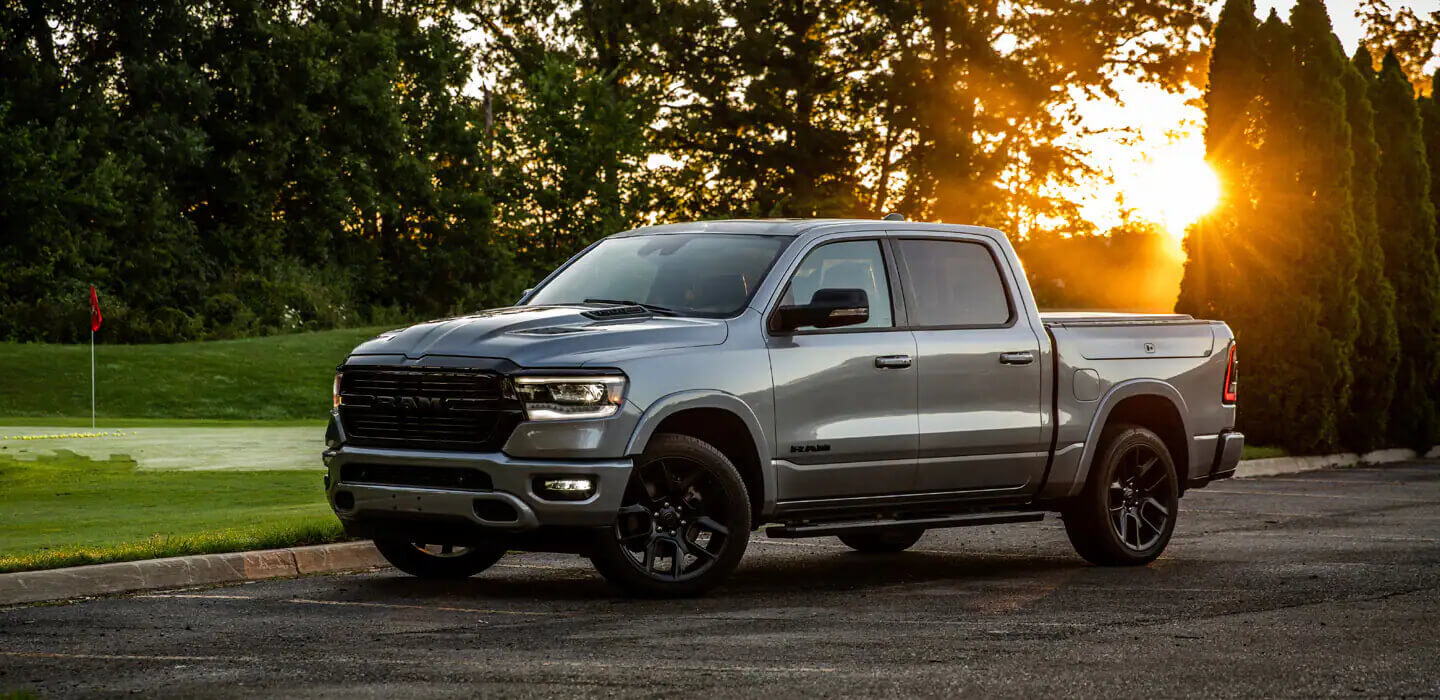Posted on April 11, 2024
The Ultimate Guide to Buying a Used Car in California: Insights from Dealers

Buying a used car can be a daunting task, especially with the wide range of options available in California. To help you navigate the process smoothly, we have compiled insights from top dealers in the state. Whether you are a first-time buyer or looking to upgrade your current vehicle, this ultimate guide will provide you with valuable tips and tricks to make the best purchase decision.
1. Research and Preparation
Factors to Consider:
- Set a Budget: Determine how much you are willing to spend on a used car, including additional costs like registration, insurance, and maintenance.
- Vehicle Needs: Consider the type of car that suits your lifestyle, such as a sedan for daily commute or an SUV for family trips.
- Reliability: Research the most reliable used car brands and models to ensure longevity and minimize repair costs.
- Resale Value: Look into the resale value of the car you are interested in to understand its depreciation rate.
Where to Research:
- Online Platforms: Utilize websites like Autotrader, Craigslist, and Carfax to browse through listings and compare prices.
- Dealerships: Visit reputable dealerships in your area to view their inventory and take test drives.
- Consumer Reports: Check consumer reviews and ratings to gain insights into the performance and reliability of different car models.
2. Inspection and Test Drive
Key Steps:
- Exterior Inspection: Look for any signs of damage, rust, or mismatched paint on the car's body.
- Interior Inspection: Check the condition of seats, dashboard, and electronics to ensure everything is in working order.
- Mechanical Inspection: Have a professional mechanic inspect the engine, brakes, and suspension for any potential issues.
- Test Drive: Take the car for a test drive to assess its performance, handling, and comfort level.
Important Questions to Ask:
- Has the car been in any accidents?
- What is the maintenance history of the vehicle?
- Are there any existing warranties or guarantees?
- Can I have the car inspected by my mechanic?
3. Negotiation and Purchase
Tips for Negotiation:
- Set a Target Price: Know the maximum price you are willing to pay and negotiate based on your research and budget.
- Be Prepared to Walk Away: Don't hesitate to walk away if the dealer is not willing to meet your price or provide additional perks.
- Consider Other Costs: Factor in additional costs like taxes, registration fees, and extended warranties when negotiating the final price.
- Get Everything in Writing: Ensure that all agreements, warranties, and guarantees are documented in writing before finalizing the purchase.
Payment Options:
- Cash Payment: If you have the funds available, consider paying for the car in cash to avoid financing costs.
- Finance: Explore financing options through the dealership or your bank to spread out the cost of the car over time.
- Lease: Consider leasing a used car if you prefer lower monthly payments and the option to upgrade to a new vehicle in the future.
4. Post-Purchase Considerations
Ownership Transfer:
- Complete the Title Transfer: Fill out the necessary paperwork to transfer ownership of the vehicle to your name.
- Register the Vehicle: Visit the DMV to register the car and obtain license plates for legal driving on California roads.
- Update Insurance: Notify your insurance provider and update your policy to reflect the new vehicle purchase.
- Perform Maintenance: Schedule regular maintenance checks and address any issues to keep your used car in optimal condition.
Extended Warranty Options:
- Manufacturer Warranty: Check if the car is still covered under the manufacturer's warranty and explore options for extending it.
- Third-Party Warranty: Consider purchasing an extended warranty from a third-party provider to protect against unexpected repair costs.
- Service Contracts: Look into service contract options that cover regular maintenance and repairs for added peace of mind.
